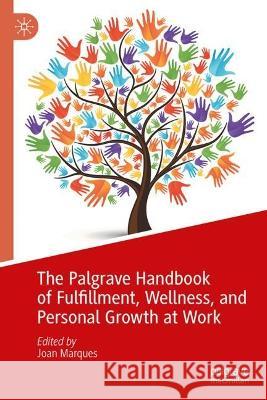The Palgrave Handbook of Fulfillment, Wellness, and Personal Growth at Work » książka
topmenu
The Palgrave Handbook of Fulfillment, Wellness, and Personal Growth at Work
ISBN-13: 9783031354939 / Angielski / Twarda / 2023
The Palgrave Handbook of Fulfillment, Wellness, and Personal Growth at Work
ISBN-13: 9783031354939 / Angielski / Twarda / 2023
cena 844,26 zł
(netto: 804,06 VAT: 5%)
Najniższa cena z 30 dni: 842,30 zł
(netto: 804,06 VAT: 5%)
Najniższa cena z 30 dni: 842,30 zł
Termin realizacji zamówienia:
ok. 20 dni roboczych.
ok. 20 dni roboczych.
Darmowa dostawa!
This handbook discusses the role of sustainability, well-being and growth in engagement and purpose at work. When employees are dissatisfied with their job, they tend to be disengaged and less productive. Given the correlation between job satisfaction and job performance, organizations are looking for ways to increase employee engagement and productivity.
Divided into three sections, this work opens with an examination of the concept of work, then discusses fulfillment of workforce members at mental, emotional, and spiritual levels. The next section on wellness explores drivers that advance interhuman approaches and trends, including meaning, leadership, happiness, resilience, and motivation. The last section focuses on personal and professional growth through the cultivation of an entrepreneurial mindset, but also justice, equity, and interactive flourishing through the promotion of positive trends or the conscious reduction of toxic ones.
With contributions from a global cluster of scholars, this book offers readers broad perspectives on the potential nature of work as a gratifying vocation. It will serve as a horizon-expanding reference for those researching topics related to meaningful work and workplace fulfillment and thriving.











